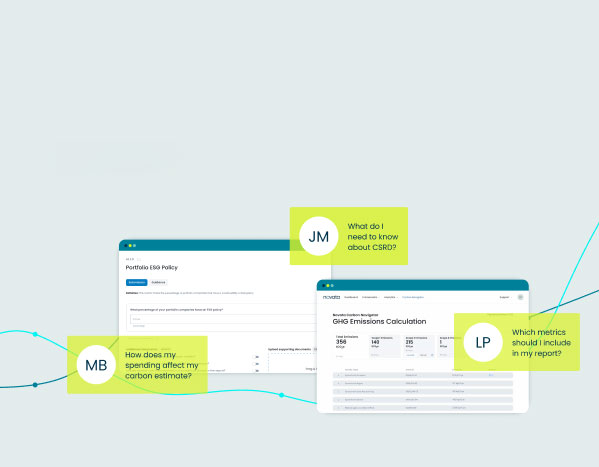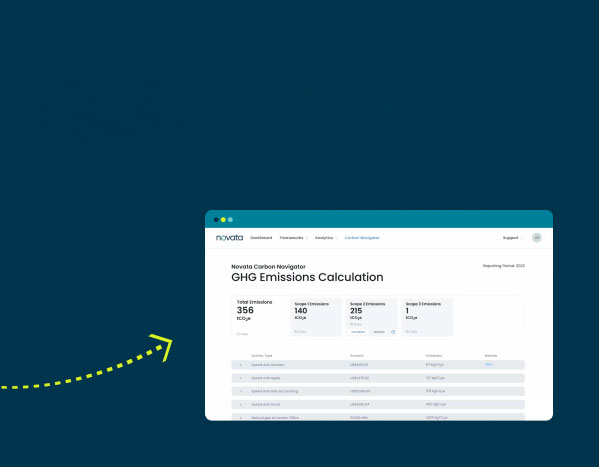ESG has quickly become a critical tool for investors to manage risks in the short term and account for future risks associated with a company. But to support this risk management tool, the need for standardized reporting on environmental, social, and governance factors continues to be a significant focus for LPs and GPs.
Industry alignment on ESG reporting was a key area of discussion at the annual Institutional Limited Partners Association’s (ILPA) Summit, held this month in New York City. The Summit provides a forum for private equity professionals to develop, build, and maintain long-term relationships. During the event, the ESG Data Convergence Initiative (EDCI) shared insights from one year of data collection across six categories: greenhouse gas emissions, renewable energy, diversity, work-related accidents, net new hires, and employee engagement.
The EDCI was launched last fall by a group of LPs and GPs and has grown to include more than 230 organizations as signatories. Below are the Novata team’s top takeaways from the EDCI session on lessons from the past year and what’s ahead:
- The EDCI metrics are providing a standardized starting point for GPs to share with LPs amid growing and sometimes repetitive requests for ESG data. In addition to providing a clear data set for GPS and LPs, the metrics appeal to portfolio companies as it makes it easier to benchmark performance across the industry and identify concrete areas of improvement.
- Linking ESG metrics to a positive impact on financial performance is critical for private equity firms. While definitive conclusions remain to be seen, EDCI data is showing early signs of correlations between ESG metrics and positive financial outcomes. For instance, data showed that companies with board gender diversity saw a 13% revenue growth rate compared to 9% for companies without.
- Privately owned companies are starting from a lower baseline on addressing ESG factors compared to their publicly owned counterparts. For instance, the EDCI found that private companies are more likely to have lower renewable energy use and no women on their boards. However, privately owned companies have seen higher rates of job creation than their public peers.
- It’s time to shift conversations away from whether ESG is “good” or the “right thing to do” – and instead focus on what individual factors a company can adopt that correlate with improved financial performance. Speakers noted that determining how best to leverage ESG factors will require different skill levels internally.
Achieving industry alignment on ESG reporting will help demonstrate the progress of private companies. To this end, the EDCI’s metrics are a good starting point for GPs new to ESG data collection. The Novata platform makes it easy for GPs to collect and report on the EDCI metrics in addition to other widely accepted frameworks. To learn more about how Novata can help you collect, analyze, and benchmark ESG data, reach out to us.






